What kind of leadership does our nation need?
Stanley McChrystal is a retired four-star general who, towards the end of his Army career, led the Joint Special Operations Command: Army Rangers, Navy SEALs, the Delta Force – 7,5000 of the most highly-trained and lethal warriors in the U.S. military.
“I think leaders have got to be brutally honest with themselves about what the real situation is and what they trying to do,” Gen. McChrystal said. “But then I think they have to be extraordinarily candid with their followers; one, it’s a sign of respect; and two, it’s just essential for long-term effectiveness.”
Dr. Penny Wheeler is a gynecologist and obstetrician who now runs Allina Health, with its 11 hospitals and more than 90 clinics throughout Minnesota and western Wisconsin. As president and CEO, Wheeler oversees a staff of more than 29,000 employees.
She said, “My job is to try to learn from them and get barriers that are creating barriers to their care, or their role, out of the way. That’s how I approach leadership. I sure hope I’m not a pain in the butt.”
Father Joseph McShane is a Jesuit priest and the president of Fordham University in New York. In normal times, he’d be getting ready to preside over commencement ceremonies. These, clearly, are not normal times.
Questions on his mind include: “What more can we do? How can we be more present in a moment which doesn’t allow us to be present physically? How can we be present to our people?”
They may have little in common in terms of background and training, but each of them – warrior, doctor and priest – is an accomplished leader.
“Sunday Morning” Special Contributor Ted Koppel asked McShane, “What do you think are the most important elements of leadership?”
“That’s a tough question,” he replied. “I think you have to begin with self-knowledge. Number two, you have to know what your priorities are. Number three, you have to be wise enough to ask for advice. And four, you have to be humble enough to accept it.
“And if you are able to do those, you’ll be a leader. A good leader? Maybe. A great leader? Possibly.”
Wheeler said, “First of all, don’t be in denial of what the true situation was, and get the information from every vantage point you possibly can. The second would be learn as much as you can from the people who are closest to the work. They will help guide your choices and decisions, and there’s a genius that exists out there that you need to listen. The third is: Boy! Collaborate as much as you can with others. Communicate, communicate, communicate, communicate, communicate.”
McChrystal said, “I think first you have to care. You can pretend you care about the organization, mission and the people, but if it’s not true, over time it will come out. And there will be a difference between what you say and what you do.
“I had a really bright lady come to my class at Tale teaching. And she gave me a quote I still use. She said, ‘People will forgive you for not being the leader you should be, but they won’t forgive you for not being the leader you claim to be.’ So, you gotta be genuine.”
Koppel said, “There are really two viruses abroad in this country. The one is COVID-19, and the other is fear. And the fear can be almost as damaging as the disease. You’re in charge; what do you do?”
“Well, fear is natural,” said McChrystal. “And you know, I’ve been scared. I’ve been scared by the COVID virus here recently, so I think first, admit that fear is not a sign of weakness. Fear is usually good sense. Now, fear shouldn’t put us into inaction. What fear should do is, it should be a motivator. It should be something that causes us to be more cautious, but not slower in the way we operate.”
Wheeler said, “I had a doctor, Mr. Koppel, say that fear is an ailment, too. Fear is an ailment. And what we want to do right now is do what we do best, which is to care compassionately with our expertise for the lives of others. There’s a mentor of mine who once said that, ‘I think health care is more about love than anything else.'”
“If you learn of some bad news,” asked Koppel, “if you learn that things that you were expecting – let’s say deliveries you were expecting are not gonna come, or if you learn something about the disease which is bad news – do you share it? Or do you hide it?”
“No, I think it’s really important to be able to be as open about these things as you possibly can, appropriately contextualizing them for what it is,” Wheeler replied. “But we’re trying to be very, very open about what we’re seeing in the community; what our worries are in terms of having adequate protective equipment and equipment to care, adequate spaces to care for a surge that’s anticipated. We need to share that. It’s not to be an alarmist. If people [are] experiencing something that is totally different from what you’ve said before, the trust factor goes down significantly.”
Koppel asked McChrystal, “Let me take you back to your military days, when you were running Special Operations Forces. You would send these men and women out, often on very, very dangerous missions. To what degree would you feel obliged to tell them the truth about the level of danger that they were heading into?”
“Complete,” McChrystal replied. “On a personal level, I grew up in the community, so I had a personal commitment to them as individuals. But as a leader, I knew that if I was not honest, if I was not straightforward, I’d put them in harm’s way, and pretty quickly they would figure out that what I’d told them was incorrect or at least understated. They’d lose faith in me.”
Leaders, says McChrystal, have got to stand up: “And what I mean by that is, when it gets hard, when it gets morally questionable, when it gets physically dangerous, when it get anything that tests the organization, the leader’s gotta stand up. Now that means the leader may get killed, may get criticized, may get removed. But that’s the leader’s job.”
McShane has been at Fordham for more than 23 years. Inside the university church is a stained-glass window depicting St. Aloysius Gonzaga, who died of a plague he contracted caring for one of its victims: “I walked past that stained-glass window hundreds, probably thousands of times. And you know, I knew it was there. But it never caught me the way it did [when] I walked into the university church as the virus was taking hold of the City of New York, this invisible force.
“And I stood there, transfixed, looking at this stained-glass window that I had seen; but now I saw it. And I just stood there, you know, and tears came.”
McShane has been sending out weekly messages to the greater Fordham family, in which he sometimes reveals his own sadness and his own fears. It was, Koppel suggested, as though he were saying, “You know, I’m no different from the rest of you.'”
“Ted, that’s exactly right,” McShane said. “I have the same joys and sorrows that they have; the same concerns and same fears. And yet, in this very complicated moment, moment of peril, but also of great goodness, there’s great goodness that’s showing itself now among the American people and the people all over the world. Great heroism, great, great love.”
Wheeler also finds a spark of hope glimmering within the pandemic. When Koppel asked her, “We’re never really gonna be quite the same after this, are we?” she said, “No, I don’t think we’re gonna be quite the same. I wonder sometimes if maybe a new ‘Greatest Generation’ will be born. That’s my greatest hope, is that out of this and out of the collective ‘we’ and what we will accomplish and go through together, that something, you know, new will be born. And that’s hope renewed.”
For more info:
Story produced by Deirdre Cohen. Editor: Remington Korper.
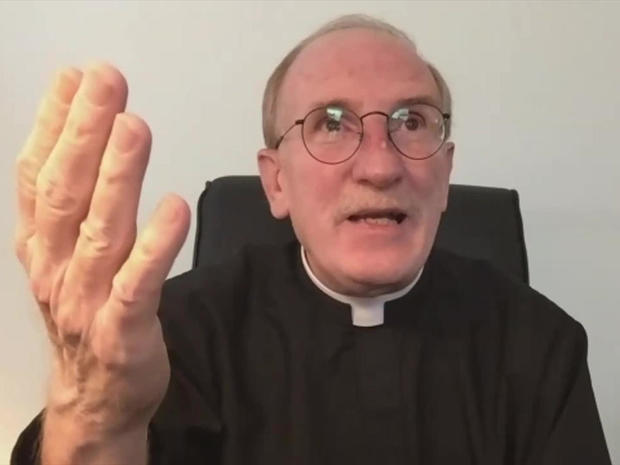
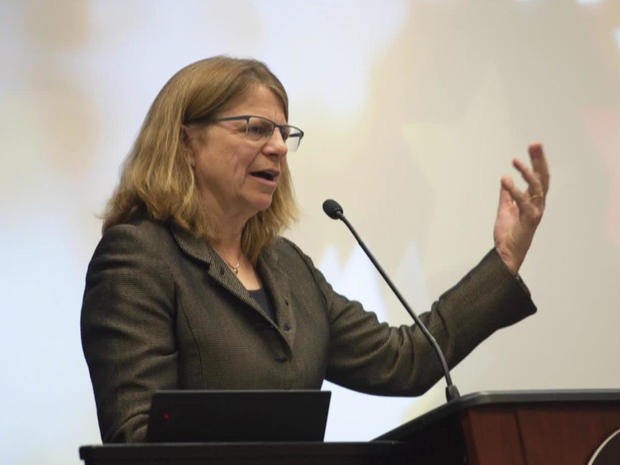
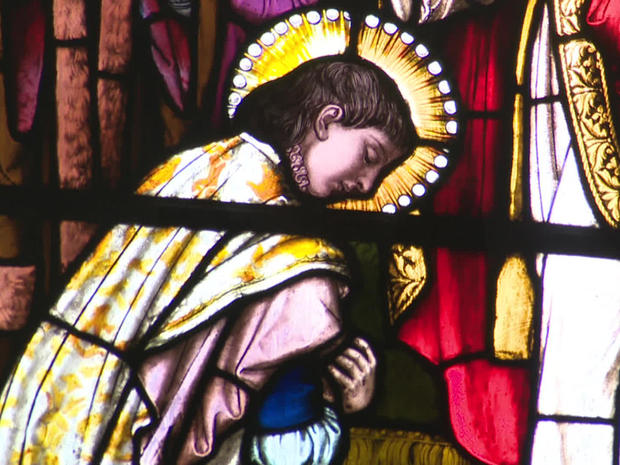

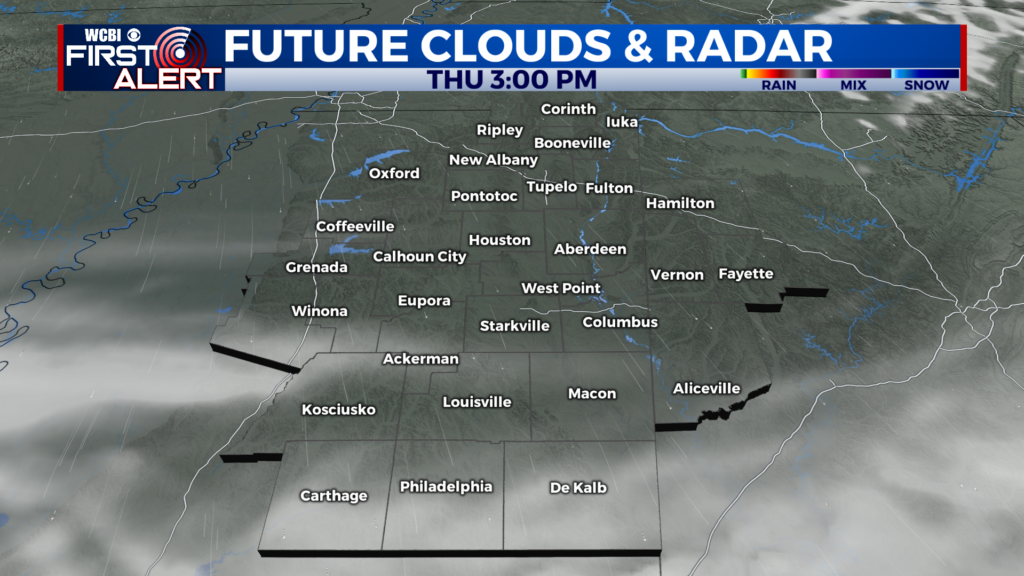
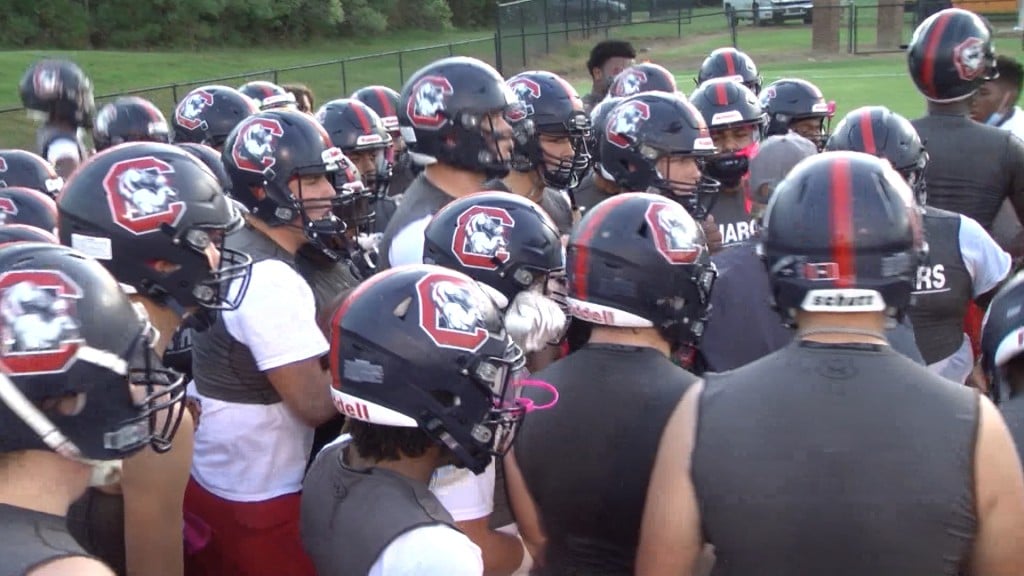
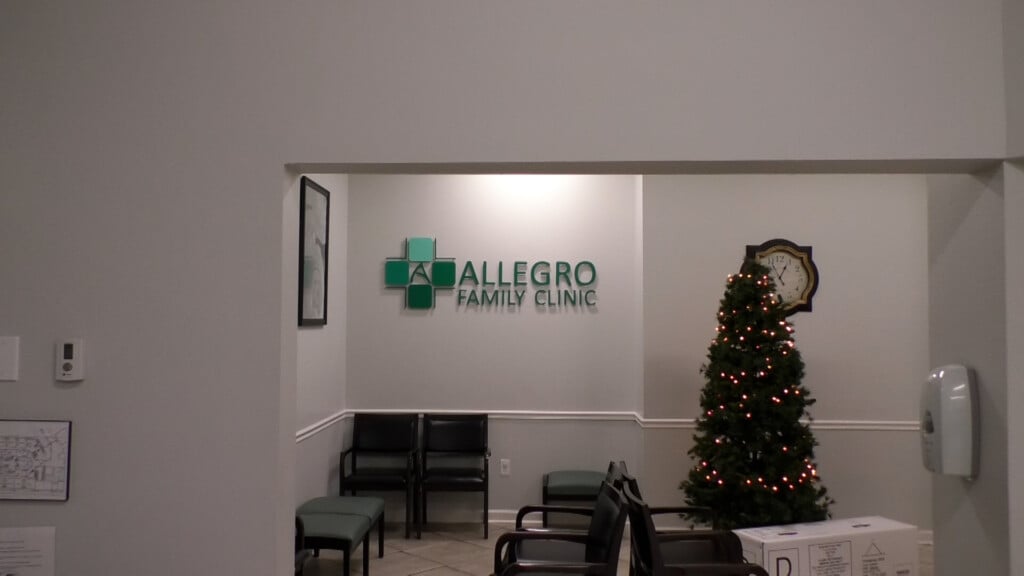
Leave a Reply